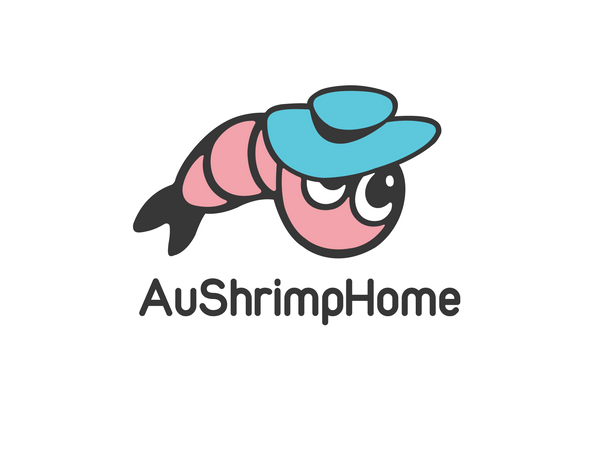
What are the best foods to feed shrimp in an aquarium
Share
Feeding shrimp in an aquarium requires providing a balanced diet that meets their nutritional needs while avoiding overfeeding, which can deteriorate water quality. Here are some of the best foods to feed your shrimp:
1. Algae
Algae are a natural staple in shrimp diets. Shrimp instinctively graze on algae, making it an excellent primary food source. To encourage algae growth, maintain a well-lit tank, which can help sustain your shrimp population without frequent supplemental feeding.
2. Blanched Vegetables
Blanched vegetables are a nutritious and popular option for shrimp. Suitable vegetables include:
- Zucchini
- Spinach
- Broccoli
- Carrots
- Cucumber
To prepare, briefly blanch the vegetables in boiling water until they soften, then cool them before adding them to the tank. Be sure to remove any uneaten portions to prevent water contamination.
3. Commercial Shrimp Foods
Commercial shrimp foods are specifically formulated to meet the dietary needs of shrimp, providing essential nutrients that may not be available from natural sources. Look for products high in protein and calcium, such as:
- Hikari Algae Wafers
- Shrimp King products
- Glasgarten Shrimp Dinner
4. Protein-Rich Foods
Occasionally, shrimp benefit from protein-rich foods, which aid in growth and molting. Suitable options include:
- Bloodworms
- Brine shrimp
- Daphnia
These should be offered sparingly to avoid overfeeding, which can negatively impact water quality.
5. Dried Leaves
Introducing dried leaves, like Indian almond leaves or oak leaves, can serve as a supplementary food source. As these leaves decompose, they release beneficial compounds and promote biofilm growth, which shrimp enjoy.
6. Biofilm and Microbial Growth
Encouraging the development of biofilm in your tank can provide shrimp with a continuous, natural food source. This can be achieved by maintaining a mature aquarium with ample surfaces for biofilm to grow.
Feeding Tips
- Moderation: Only feed what shrimp can consume within a few hours to avoid uneaten food from degrading water quality.
- Variety: Offer a diverse diet to ensure a comprehensive nutrient intake, but introduce new foods gradually to prevent digestive issues.
- Observation: Regularly observe your shrimp’s behavior and health to make necessary adjustments to their feeding regimen.
By providing a varied and balanced diet that includes natural foods, blanched vegetables, and high-quality commercial products, you can promote the health, growth, and vibrancy of your aquarium shrimp.
